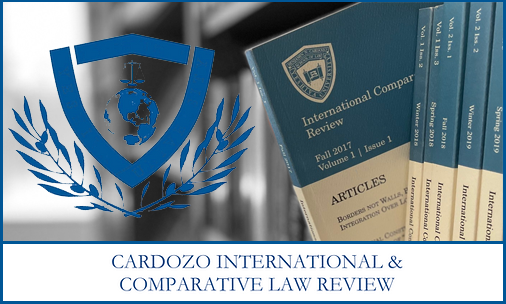Document Type
Blog Post
Publication Date
10-22-2021
Graduation Year
2023
Abstract
On December 26, 2019, in Guri, South Korea, a fifth-grade student stabbed a fellow schoolmate to death. The student was reportedly enraged by the victim’s verbal assault on her family. Yet, in stark contrast to South Korea’s Criminal Act, which mandates a minimum punishment of at least five years in prison for a homicide case, the defendant was sentenced to be transferred to the Juvenile Reformatory for a long-term period. Under the Juvenile Act, children aged 10 to 14 are exempt from criminal punishment, and they must be tried under protection by the Juvenile Department. Because the defendant was a fifth-grade child, aged between 10 to 13, she was protected from criminal charges under the Juvenile Act. Naturally, public denunciation and calls for amending the law ensued. Ultimately, however, there were no consequential changes to the Juvenile Act, and the problematic clause, which exempts criminal punishment for children aged 10 to 14, remains good law.
This post was originally published on the Cardozo International & Comparative Law Review website on October 22, 2021. The original post can be accessed via the Archived Link button above.
Recommended Citation
Kim, William, "Much Needed Reformation in South Korea’s Juvenile Act" (2021). Cardozo International & Comparative Law Review Blog. 28.
https://larc.cardozo.yu.edu/ciclr-online/28


